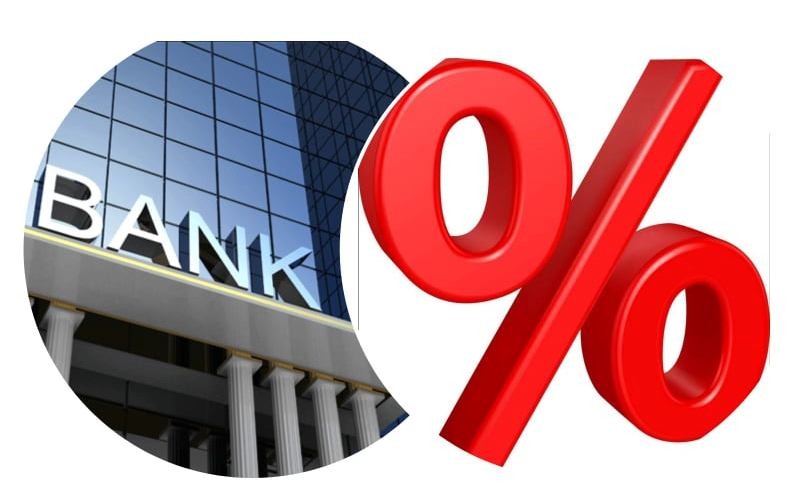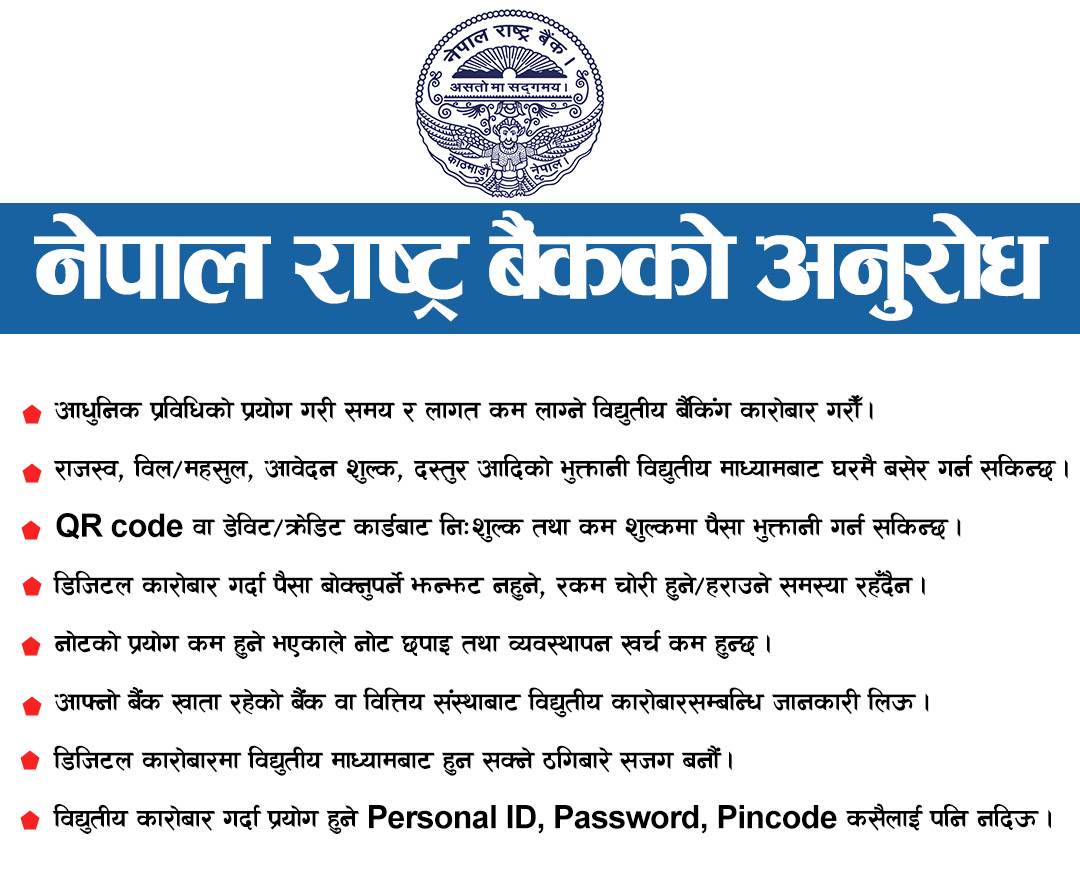Do Nepalese investors really want to change their investment taste with other investment option?
Aug Fri 2019 06:26:03
2061 views

Mutual Funds: a fruitful investment option
--BY POSKAR BASNET (NIBL Ace Capital)
Are you one of the Nepalese investors who really wants to change your investment taste with other investment option? Are you looking to begin your investment journey with the best investment option? If your answer is yes, then a fruitful investment option is currently available in Nepalese Capital Market with a huge potential but the proper development and expansion of the sector is still required.
Globally, Mutual Funds are an attractive and fruitful option in terms of investment and savings. In today’s volatile financial market, Mutual Funds provide professionally managed, safe, and less risky option for investment to the investors, that’s why the Mutual Funds are an attractive and most invested and trusted option of investment all over the world's economy.
But in Nepalese economy, Mutual Funds are relatively new and less known investment option. When we talk about the long term savings and retirement plans, only few options that come into our mind are Employees Provident Fund, Citizen Investment Trust, Life Insurance Policies, Fixed Deposits, etc. Likewise, when we talk about investments of our savings, we just think about investment in securities, purchase of gold, purchase of land, saving deposits, etc.

However, various issues are yet to be addressed by the concerned authorities, stakeholders, investors, fund managers, etc. to enlarge the scope of Mutual funds so that funds could be considered as one of the most fruitful option by the Nepalese Investors.
Let’s talk about one of the best investment option to start a long investment journey in Nepalese capital market and the various factors that must be required to expand the sector.
Current Update of Mutual Funds in Nepal:
Currently, 13 Mutual Fund Schemes are operating in Nepalese capital market and two Mutual Fund Schemes have recently matured. These schemes are managed by fund managers licensed by Securities Board of Nepal (all are subsidiary companies of ‘A’ class commercial banks) and sponsored by banks (‘A’ class commercial banks licensed by Nepal Rastra Bank). All matured and existing schemes are close ended in type of mutual funds but one scheme, i.e. Citizen Unit Scheme managing by Citizen Investment Trust (CIT), is operating under investment trust concept and all the schemes are regulated by SEBON. However, the mutual funds market started a decade ago but the pace of expansion and growth of the market is very slow.
Mutual Funds can play the vital role for the development of the capital market and increase the participation of the retail investors in the market.
The Regulator of Securities & Commodities market, Securities Board of Nepal (SEBON), have issued Mutual Fund Regulations 2067 under Securities Act 2063 and Mutual Fund Guidelines 2069 to regulate all the mutual fund schemes in Nepal. Two concepts of Mutual Funds have been defined in regulatory provisions i.e. Open Ended and Close Ended Schemes.

The Mutual Fund Regulations 2067 has defined in sub-section (g) of section 2 that “Open Ended Scheme” means a scheme which is operated without specifying any duration for redemption. Such kinds of schemes are not available in Nepal.
But, with a determination to lead the industry and be pioneer to develop innovative financial product in the Nepalese capital market, NIBL Ace Capital Limited has taken initiation to start an open ended scheme under NIBL Mutual Fund. The scheme is named as “NIBL Sahabhagita Fund” and recently got the final approval from the apex authority i.e. SEBON to operate the scheme in the market. Approval and operation of such scheme has taken as a milestone in capital market of Nepal and as starting of another era in the Mutual Funds industry.
Likewise, same regulation has defined in sub-section (h) of section 2 that “Close Ended Scheme” means a scheme which is operated specifying the period of maturity. A number of such kind of schemes are available right now in Nepal and investors can buy or sell units through brokers at market price like other public securities traded in secondary market.







